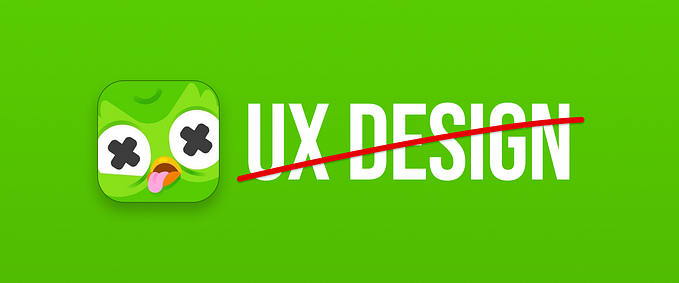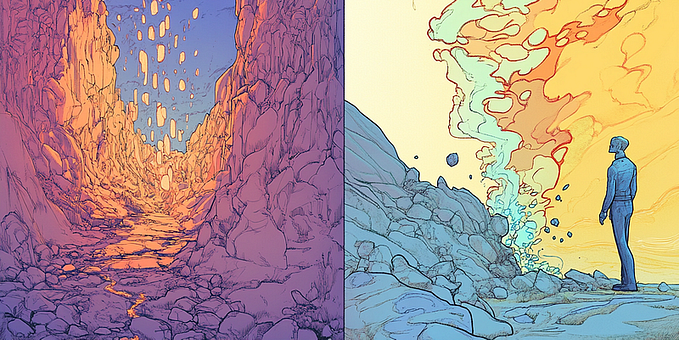AI transparency framework, DeepSeek’s UX, a new AI-powered design workflow
Weekly curated resources for designers — thinkers and makers.

“Transparency matters because it ensures Trust between the author and the reader. It’s often an unspoken ethical contract: I sign my name on this article and you, the reader, believe me when I said that I wrote it (I did). But AI disrupts this assumption.
Should we disclose our use of AI in the first place? If so, when and how should it be disclosed?”
Editor picks
- DeepSeek: when UI doesn’t matter →
Localization, prompting and a cute little whale.
By Rosie Hoggmascall - DeepSeek rains on the AI hype parade →
Who could have predicted “AI” is a dotcom bubble?
By Neel Dozome - ChatGPT vs DeepSeek →
Who did better at color sequencing?
By Theresa-Marie Rhyne
The UX Collective is an independent design publication that elevates unheard design voices and helps designers think more critically about their work.
Make me think
- Missed connections →
“I fell in love with the web for this reason, this feeling of connection. You could search the world and find someone who saw what you see, felt what you feel, went through what you’re going through. Contrast that with today. Today you have a problem. You ask a question in a prompt. And you get back something. But there’s no human behind it.” - Designing for clarity →
“It wasn’t broken, but it wasn’t serving our users anymore. Workflows were harder to locate, settings were scattered and confusing, and some navigation labels left users unsure of where to go. One user described it as wandering through a maze of features. The signs were clear — it was time to pause, reflect, and redesign.” - AI slop, suspicion, and writing back →
“I think to some extent, we’ll have to live with slop being out there. My hope is that the returns to non-slop content stay high enough to keep human writing valuable and worth pursuing.”
Little gems this week

AI-generated art is postmodern art →
By Michael F. Buckley

The internet is unusable →
By Stephen Moore

Tools and resources
- The new AI workflow →
Designing, developing, and deploying a web app entirely using AI.
By Sajid Saiyed - Animation tool for UX →
For designers who don’t have time for After Effects.
By Allie Paschal - Designing for older audiences →
A checklist to improve usability for all generations.
By Matthew Stephens
Support the newsletter
If you find our content helpful, here’s how you can support us:
- Check out this week’s sponsor to support their work too
- Forward this email to a friend and invite them to subscribe
- Sponsor an edition









